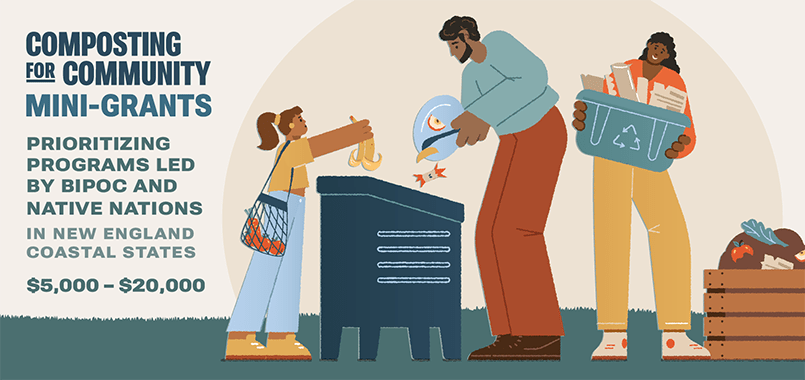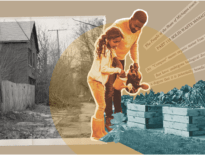For Immediate Release: March 13, 2024
Media Contact: Reggie Rucker
Institute for Local Self-Reliance Launches BIPOC Community Composter Mini-Grant Program in New England Coastal States
[WASHINGTON, DC] – Several New England states have enacted legislation to divert wasted food from disposal, mainly targeting large generators. With the focus on addressing industrial sites, there is a notable lack of support for schools, community gardens, and urban farms in historically excluded neighborhoods to establish a local circular economy.
The Institute for Local Self-Reliance (ILSR) is proud to announce the launch of the BIPOC Community Composter Mini-Grant Program. The program aims to support new or existing local community composters in coastal states in New England and is specifically geared toward BIPOC-led or BIPOC-serving organizations, Native Nations, and those working in historically excluded neighborhoods. This new opportunity is made possible by 11th Hour Racing’s grant program, funded by The Schmidt Family Foundation.
Through the BIPOC Community Composter Mini-Grant Program, ILSR will provide $100,000 in sub-grants to as many as ten selected projects. Grants will range from a minimum of $5,000 to a maximum of $20,000.
“This dedicated focus on BIPOC-led and BIPOC-serving community composters is long overdue,” said Brenda Platt, director of ILSR’s Composting for Community Initiative, about the grant program. “These are the communities that for decades have borne the brunt of neighborhood disinvestment, environmental racism, and the negative consequences of climate change. This grant program is one step toward the work society must continue doing to repair the harms of previous generations and restore access and opportunity to communities of color engaged in land stewardship and environmental preservation.”
Melvin Alvarez, grant program manager at 11th Hour Racing, added, “11th Hour Racing is committed to growing small, decentralized compost programs and infrastructure that benefits ocean and soil health. We are proud to support the Institute for Local Self-Reliance’s efforts to grow composting in the northeast while prioritizing access and funding to communities of color.”
Eligibility for the program is open to BIPOC-led or BIPOC-serving organizations, Native Nations, and those working in historically excluded neighborhoods. Projects must fund new or existing local community composting initiatives. Applicants must reside within a New England coastal state, including Connecticut, Maine, Massachusetts, New Hampshire, and Rhode Island. The program welcomes a diverse range of applicants, including community gardens, educational institutions, farms, food co-ops, for-profits, governmental institutions, Native Nations, non-profits, and worker-owned co-ops.
The application period for the BIPOC Community Composter Mini-Grant Program opened on March 4, 2024, and runs through April 2, 2024. Interested individuals and organizations can apply by completing a written application or by submitting a video at ILSR.org. Information and applications are also available in Spanish.
Ashley Muspratt, the president and CEO of the Center for EcoTechnology (CET), expressed their support for the program, stating, “As an organization committed to advancing just and resilient climate solutions, CET deeply believes in supporting wasted food solutions that are BIPOC-led. This grant program has the potential to bring big picture concepts like ‘the circular economy’ down to a local level while centering Black, Indigenous, and people of color that are already doing this important work.”
Ella Kilpatrick Kotner, Harvest Cycle Compost program coordinator at Groundwork RI, added, “We are thrilled by the announcement of the BIPOC Composter Mini-Grant Program! Community composting not only reduces organic waste sent to landfills but creates more resilient and sustainable communities by connecting people with their neighbors, returning nutrients to soils, creating good green jobs, and closing the loop between food production, consumption, and discards. Funding BIPOC organizations working within these communities to create the alternative infrastructure that will turn waste into wealth is not only critical but makes perfect sense.”
For more information about the BIPOC Community Composter Mini-Grant Program and to apply, please visit the ILSR website. Together, we can build resilient and sustainable communities while fostering equity and inclusivity in the composting sector.
About the Institute for Local Self-Reliance
The Institute for Local Self-Reliance, founded in 1974, is a national research, advocacy, and technical assistance organization that empowers communities to take charge of their local resources, economies, and environmental future. Through its Composting for Community Initiative, ILSR promotes distributed and diverse local composting across the country, aiming to cut food loss, enhance soils and watersheds, support local food production, and protect the climate while addressing community prosperity and equity.
###





